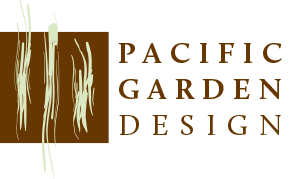A rose by any other name would smell as sweet; however, choosing the right type of rose can help you pick between vibrant color and intoxicating aroma. From Alaskan Weeping Cedars to the smallest creeping groundcovers, breeding certain qualities in and out can really make a specimen sink or shine. Below is a quick dive into some different terms you might have heard or seen before at nurseries and why they might matter to you.
F1 Hybrids – Bred for Perfection
Often referred to simply as hybrids, these plants are cultivated by growers to enhance certain traits, such as improved disease resistance, larger flowers, or increased hardiness. The creation process involves repeatedly inbreeding plants into two genetically stable strains. These two strains are then cross-pollinated. The resulting offspring are referred to as hybrids.
This is important if your area is prone to certain diseases that you would like to avoid. The downside is that if you save and plant the seeds, the resulting plant may not have the desirable traits of the parent.
Varieties & Cultivars – Discovered Treasures & Developed Beauties
A variety is a form of a species that is slightly different than the "regular" species, but not different enough to warrant a new species. Varieties are often found in nature, as opposed to being created by plant breeders.
The term cultivar is shorthand for cultivated varieties and refers to plants that have been developed by plant breeders or discovered growing in nature and propagated by horticulturists. The plants are often propagated by rooting cuttings.
Quite a few plants in nurseries are cultivars or varieties with interesting traits that make them more desirable to gardeners.
It is important to be aware that some cultivars are patented, making it illegal to propagate them yourself. The plant name may bear a trademark symbol, and you may see a warning that propagation is prohibited.
Thank you for being interested enough in your landscape to want to learn more and for being a part of our growth as a community. Together we can make the Inland Northwest more beautiful!
Alison Pasino
Designer/Project Manager & Certified Arborist
Be aware of the fine print. Some plants cannot be legally propagated!


